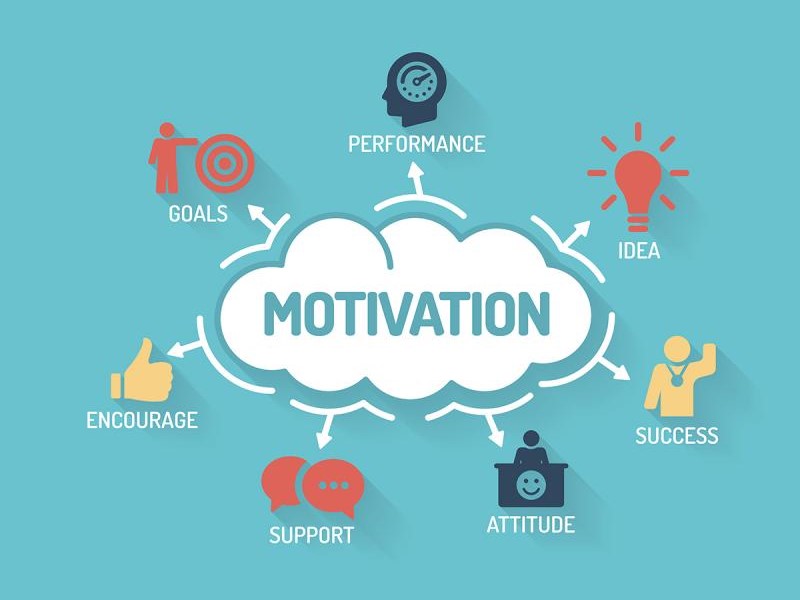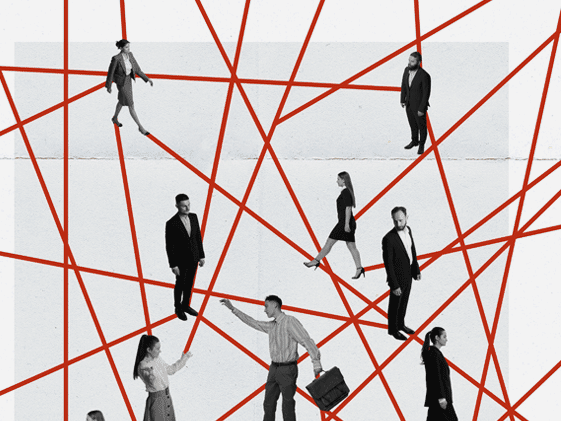Description
Decision-making is a fundamental cognitive process that shapes every aspect of our lives—from what we eat and wear to how we invest, negotiate, or lead. This course offers an interdisciplinary deep dive into the science behind how and why we make decisions. Drawing from cognitive psychology, behavioral economics, neuroscience, and social psychology, learners will explore the mental shortcuts (heuristics) and cognitive biases that often steer decision-making in irrational directions. Topics include the framing effect, confirmation bias, loss aversion, anchoring, and choice overload. You’ll examine the differences between intuitive (System 1) and analytical (System 2) thinking, how emotion and motivation influence decisions, and why group dynamics can amplify or dampen risk. Practical exercises and experiments help participants recognize and correct flawed thinking in real-time. Learners will also study decision architecture and the art of “nudging”—designing environments to promote better choices. By the end of the course, you’ll be equipped with tools to improve your personal and professional decision-making, making you a more reflective, confident, and strategic thinker.





Judith –
Incredible insights into cognitive processes and behavioral economics! The content was clear, well-paced, and supported by fascinating real-world studies.
Jelili –
I use what I learned from this course with my clients all the time. Understanding how people make decisions is a game-changer for personal and professional development.
Mansur –
It taught me how to structure choices, evaluate risks, and avoid common pitfalls in high-pressure environments. An essential course for leaders and decision-makers.
Uzoma –
This course helped me rethink how I handle uncertainty. From intuitive thinking to decision trees, it gave me practical tools I could apply immediately in my business.
Deborah –
This course helped me understand the psychology and biases behind everyday choices. I now approach business decisions with more clarity and confidence.